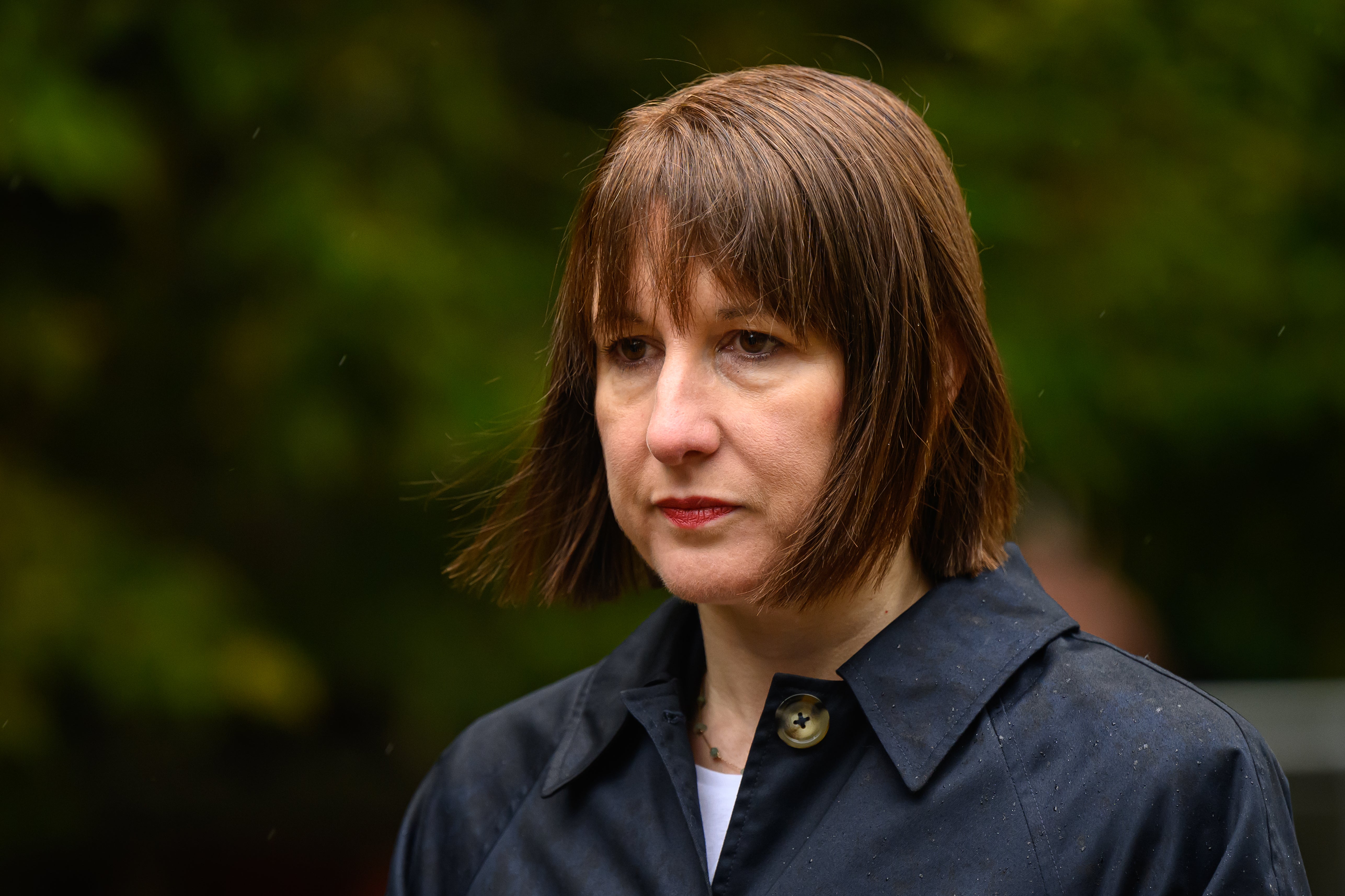Public sector pay rises hand Reeves a £6.7bn headache ahead of Budget
The surprise rise in borrowing came despite the cut to Britain’s expenditure on winter fuel allowances

Your support helps us to tell the story
From reproductive rights to climate change to Big Tech, The Independent is on the ground when the story is developing. Whether it's investigating the financials of Elon Musk's pro-Trump PAC or producing our latest documentary, 'The A Word', which shines a light on the American women fighting for reproductive rights, we know how important it is to parse out the facts from the messaging.
At such a critical moment in US history, we need reporters on the ground. Your donation allows us to keep sending journalists to speak to both sides of the story.
The Independent is trusted by Americans across the entire political spectrum. And unlike many other quality news outlets, we choose not to lock Americans out of our reporting and analysis with paywalls. We believe quality journalism should be available to everyone, paid for by those who can afford it.
Your support makes all the difference.High borrowing costs and public sector pay rises have given chancellor Rachel Reeves a £6.7bn headache ahead of next week’s Budget.
Borrowing in the first six months of the year stood at £79.6bn, £1.2bn higher than a year earlier and almost £7bn higher than the Office for Budget Responsibility watchdog – which monitors the state’s finances – had estimated.
The surprise rise in borrowing came despite the cut to Britain’s expenditure on winter fuel allowances, which will now be means-tested and will be paid next month.
Jessica Barnaby, deputy director for public sector finances at the Office for National Statistics, which released the data, said: “While tax revenue increased, this was outweighed by increased spending, partly due to higher debt interest and public sector pay rises.”
Ms Reeves has said she needs to fix a £22bn “black hole” in Britain’s finances. She is looking at ways to cut spending and raise money to fix it.
Today’s news may tempt her to look at the UK’s liabilities rather than debt when it comes to measuring the government’s financial health.
Rob Wood, chief UK economist at Pantheon Macroeconomics, said: “Changing the fiscal rules in that way would give the government about £50bn additional headroom to borrow.
“We think markets will be unruffled by that change because boosting investment should raise GDP, making government borrowing more affordable.”
Treasury chief secretary Darren Jones said the state of the public finances meant there would be “difficult decisions” in next Wednesday’s Budget.
He said: “We have inherited a £22 billion black hole in the country’s public finances, including no plan to fund pay deals for millions of public sector workers.
“Strikes cost at least £3 billion last year, so it was the right thing to do to end those damaging disputes.
“Resolving this black hole at the Budget next week will require difficult decisions to fix the foundations of our economy and begin delivering on the promise of change.”
While borrowing costs for the government stand at about 4 per cent, rates are likely to fall.
UK interest rates will almost halve from their present rate of 5 per cent, top US investment bank Goldman Sachs said yesterday.
Borrowing rates, set by the Bank of England, will sink to 2.75 per cent by the end of next year, Goldman predicts, suggesting a faster fall than borrowers and lenders have forecast.
Join our commenting forum
Join thought-provoking conversations, follow other Independent readers and see their replies
Comments